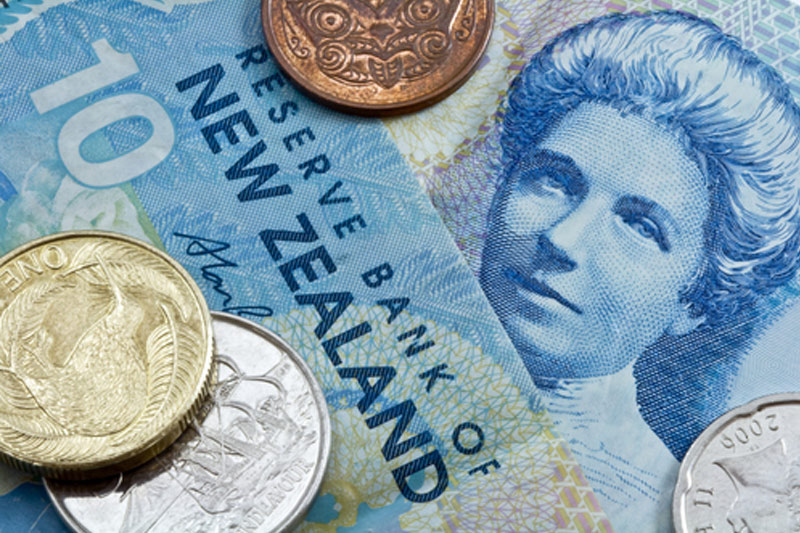Investing.com - The New Zealand dollar dropped to fresh five-year lows against its U.S. counterparts on Thursday, as growing concerns over Greece's financial situation dampened demand for riskier assets.
NZD/USD hit 0.6682 during late Asian trade, the pair's lowest since June 2010; the pair subsequently consolidated at 0.6696, declining 0.59%.
The pair was likely to find support at 0.6568 and resistance at 0.6811, Wednesday's high.
Sentiment was hit after Greek Prime Minister Alexis Tsipras on Wednesday urged Greeks to reject an international bailout deal in a referendum due to be held on July 5, souring hopes of any breakthrough.
Less than 24 hours before, Tsipras had written a conciliatory letter to creditors asking for a new bailout that would accept many of their terms.
On Wednesday Greece became the first developed country to default on the International Monetary Fund after its second bailout program expired late Tuesday. The IMF confirmed that the Greek government failed to make a scheduled €1.6 billion loan repayment.
Meanwhile, the greenback remained supported after the Institute for Supply Management reported on Wednesday that its index of purchasing managers rose to 53.5 last month from 52.8 in May.
In addition, payroll processing firm ADP said that U.S. non-farm private employment rose by 237,000 last month, above expectations for an increase of 218,000.
The kiwi was also lower against the Australian dollar, with AUD/NZD gaining 0.45% to 1.1401.
Earlier Thursday, the Australian Bureau of Statistics reported that the country's trade deficit narrowed to A$2.75 billion in May from A$4.14 billion in April, whose figure was revised from a previously estimated deficit of A$3.89 billion.
Analysts had expected the trade deficit to narrow to A$2.20 billion in May.
